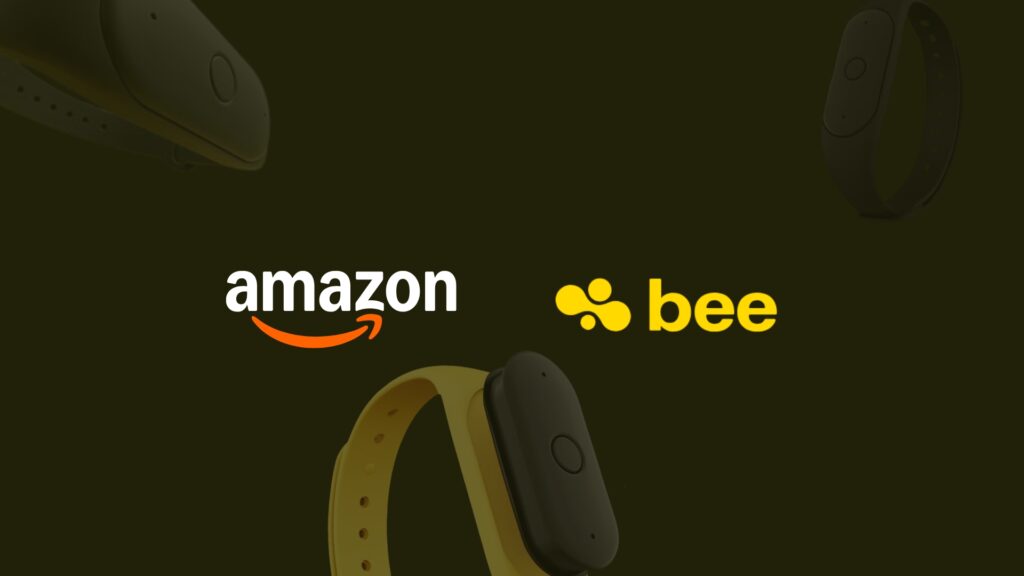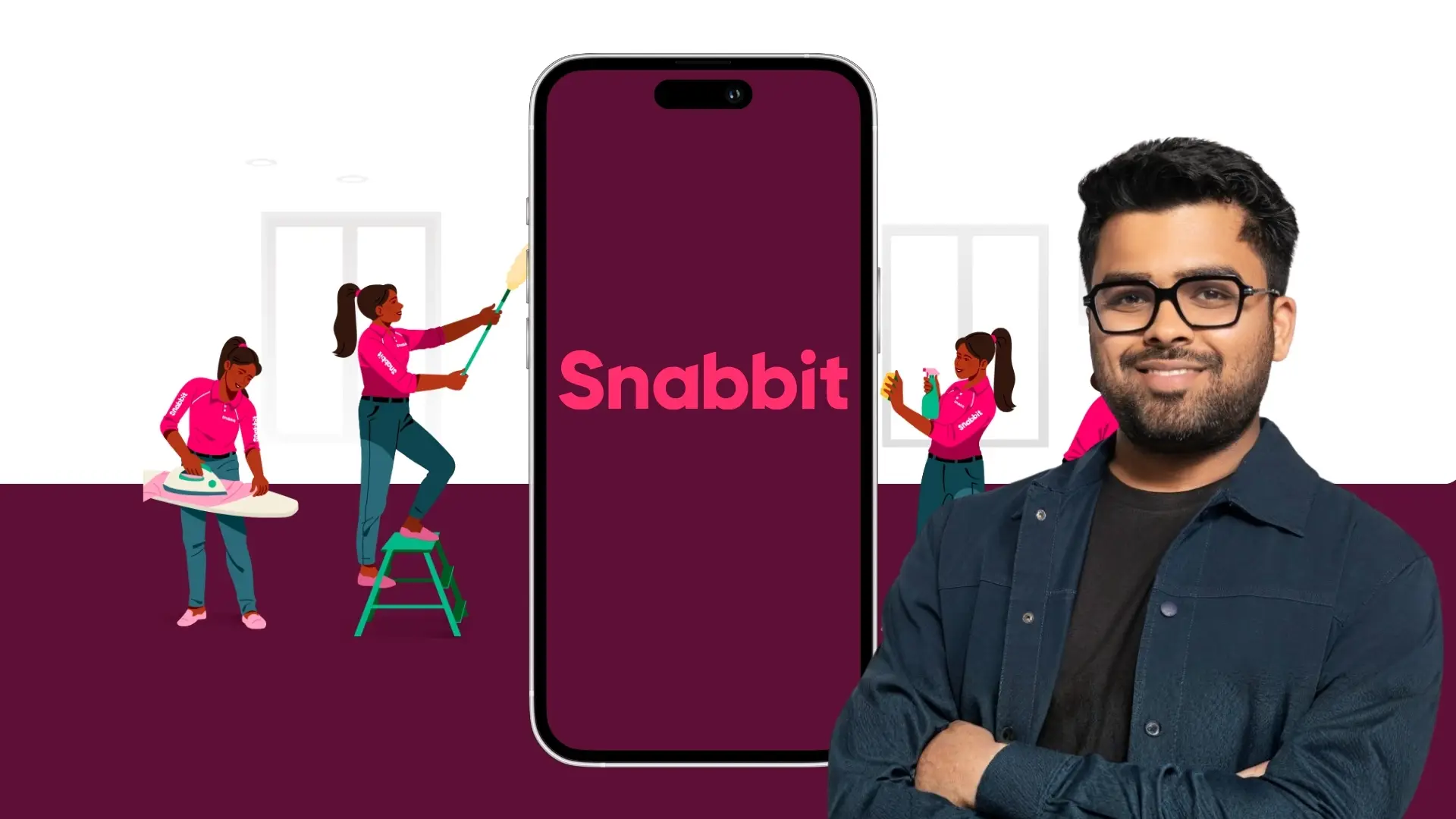Amazon is poised to expand its AI footprint with the acquisition of Bee, an AI wearables startup. The news initially surfaced via a LinkedIn post from Bee’s co-founder, Maria de Lourdes Zollo. While Amazon has confirmed the acquisition to TechCrunch, the deal is still pending closure.
Bee, which secured $7 million in funding last year, offers both a standalone bracelet akin to a Fitbit, priced at $49.99 plus a $19 monthly subscription, and an Apple Watch application. The device captures ambient sound—unless manually muted by the user—with the intention of creating reminders and to-do lists based on overheard conversations. According to Zollo’s prior statements to TechCrunch, Bee envisions a “cloud phone,” mirroring the user’s smartphone to grant the wearable access to accounts and notifications for contextual reminders and message sending. Bee’s website articulates a vision of ubiquitous personal AI, “We believe everyone should have access to a personal, ambient intelligence that feels less like a tool and more like a trusted companion. One that helps you reflect, remember, and move through the world more freely.”
While companies such as Rabbit and Humane AI have previously ventured into AI-driven wearables with limited success, Bee’s accessible $50 price point presents a lower barrier to entry for curious consumers.
An Amazon representative informed TechCrunch that Bee’s team members have been offered positions at Amazon. This acquisition signals Amazon’s strategic interest in the burgeoning wearable AI market, diversifying beyond its existing voice-controlled Echo speaker ecosystem. This move aligns with broader industry trends, as OpenAI develops its AI hardware and Meta integrates AI into its smart glasses. Apple is also rumored to be exploring AI-enhanced smart glasses. However, these sophisticated devices raise crucial security and privacy concerns due to their inherent audio recording capabilities. Companies’ policies regarding the processing, storage, and utilization of these recordings for AI training purposes will be critical.
Bee’s current privacy policy states that users can delete their data anytime, and audio recordings are neither saved nor used for AI model training. The application does retain user-specific data learned by the AI to function as a personal assistant. Bee previously outlined plans to record only the voices of individuals who have given explicit verbal consent. The company also intends to introduce user-defined boundaries, based on topic and location, to automatically pause the device’s learning functionality. Emphasizing privacy, Bee plans to implement on-device AI processing, mitigating the privacy risks associated with cloud-based data processing.
Also Read: Postman: The Indian Startup Powering 98% of Fortune 500 Companies










